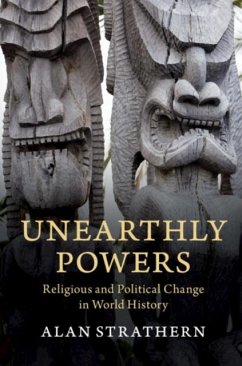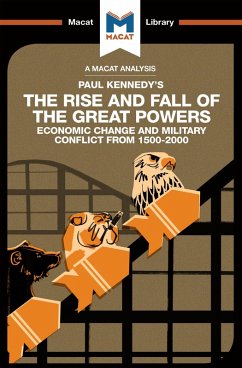Why was religion so important for rulers in the pre-modern world? And how did the world come to be dominated by just a handful of religious traditions, especially Christianity, Islam, and Buddhism? Drawing on sociology and anthropology, as well as a huge range of historical literature from all regions and periods of world history, Alan Strathern sets out a new way of thinking about transformations in the fundamental nature of religion and its interaction with political authority. His analysis distinguishes between two quite different forms of religiosity - immanentism, which focused on worldly assistance, and transcendentalism, which centred on salvation from the human condition - and shows how their interaction shaped the course of history. Taking examples drawn from Ancient Rome to the Incas or nineteenth-century Tahiti, a host of phenomena, including sacred kingship, millenarianism, state-church struggles, reformations, iconoclasm, and, above all, conversion are revealed in a new light.
Dieser Download kann aus rechtlichen Gründen nur mit Rechnungsadresse in A, B, BG, CY, CZ, D, DK, EW, E, FIN, F, GR, HR, H, IRL, I, LT, L, LR, M, NL, PL, P, R, S, SLO, SK ausgeliefert werden.









